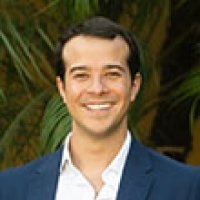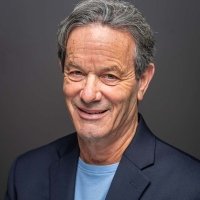The Sandinista Revolution: A Global Latin American History
The Sandinista Revolution and its victory against the Somoza dictatorship in Nicaragua gripped the United States and the world in the 1980s. But as soon as the Sandinistas were voted out of power in 1990 and the Iran Contra affair ceased to make headlines, it became, in Washington at least, a thing of the past.
Mateo Jarquin recenters the revolution as a major episode in the history of Latin America, the international left, and the Cold War. Drawing on research in Nicaragua, Cuba, Mexico, Panama, and Costa Rica, he recreates the perspective of Sandinista leaders in Managua and argues that their revolutionary project must be understood in international context. Because struggles over the Revolution unfolded transnationally, the Nicaraguan drama had lasting consequences for Latin American politics at a critical juncture. It also reverberated in Western Europe, among socialists worldwide, and beyond, illuminating global dynamics like the spread of democracy and the demise of a bipolar world dominated by two superpowers. Jarquin offers a sweeping analysis of the last left-wing revolution of the twentieth century, an overview of inter-American affairs in the 1980s, and an incisive look at the making of the post–Cold War order.
Mateo Jarquín is Assistant Professor of History and Director of the Program in War, Diplomacy, and Society at Chapman University. His scholarship asks how revolutions in the Global South have framed global debates about development, democracy, and international relations. He writes regularly about contemporary Central American politics and his work has appeared in various edited collections and in The Americas: A Quarterly Review of Latin American History, Nueva Sociedad, the Washington Post, Política Exterior, and Revista de Historia. His first book, The Sandinista Revolution: A Global Latin American History, was published by the University of North Carolina Press in April 2024. Originally from Nicaragua, he holds a PhD from Harvard University and a BA from Grinnell College.
The Washington History Seminar is co-chaired by Eric Arnesen (George Washington University) and Christian Ostermann (Woodrow Wilson Center) and is organized jointly by the American Historical Association and the Woodrow Wilson Center's History and Public Policy Program. It meets weekly during the academic year.
Speaker

Panelists


Hosted By

History and Public Policy Program
A leader in making key foreign policy records accessible and fostering informed scholarship, analysis, and discussion on international affairs, past and present. Read more


Cold War International History Project
The Cold War International History Project supports the full and prompt release of historical materials by governments on all sides of the Cold War. Read more


Latin America Program
The Wilson Center’s prestigious Latin America Program provides non-partisan expertise to a broad community of decision makers in the United States and Latin America on critical policy issues facing the Hemisphere. The Program provides insightful and actionable research for policymakers, private sector leaders, journalists, and public intellectuals in the United States and Latin America. To bridge the gap between scholarship and policy action, it fosters new inquiry, sponsors high-level public and private meetings among multiple stakeholders, and explores policy options to improve outcomes for citizens throughout the Americas. Drawing on the Wilson Center’s strength as the nation’s key non-partisan policy forum, the Program serves as a trusted source of analysis and a vital point of contact between the worlds of scholarship and action. Read more
